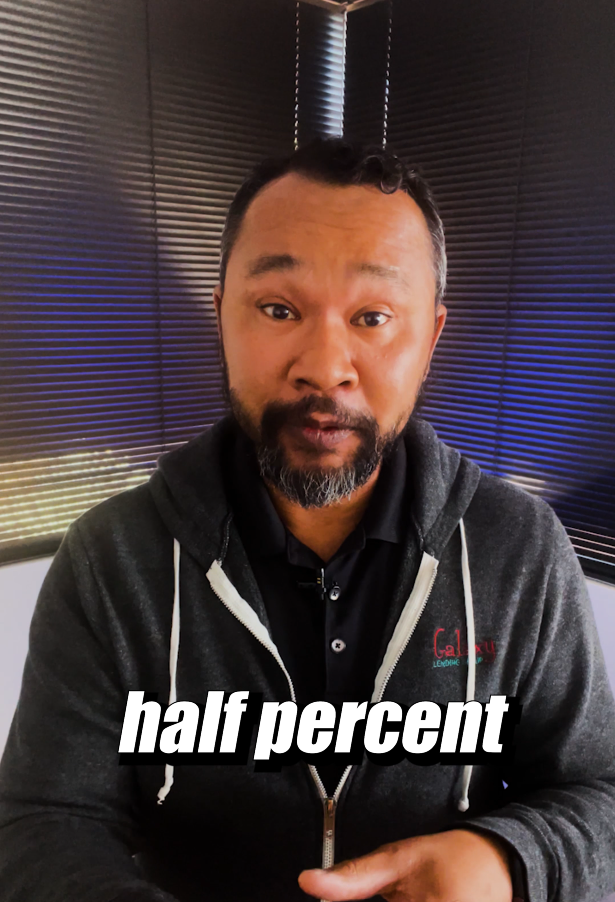When Is The Right Time To Refinance?
Refinancing a mortgage can be a time-consuming and expensive endeavor, but it may well be worth it depending upon the goals one desires to achieve.
Determining why to refinance is not near as complicated as deciding if the time is right. Acting on this decision at the wrong time could result in literally losing thousands of dollars in accumulated savings.
Using your mortgage to achieve your goals
Reasons for refinancing a mortgage vary. They range from immediate financial relief to life altering accomplishments. Some reasons include:
- Relieve monthly expenditures
- Refinance credit card or other personal loan debt
- Free income for new parents
- Remodel house
- Pay off home prior to retirement
- Free money for investments/savings
- Start a business
All the above reasons have good intentions behind them, yet the real question is whether refinancing a mortgage ultimately translates into savings or costs the borrower more as time goes by. In order to answer this question, one must evaluate their current mortgage situation by answering questions such as:
- What is your mortgage interest rate in comparison to the current rate?
- How long do you plan to own the house that is mortgaged?
- How much equity do you have in your home?
The combined answer to these questions will determine whether refinancing the loan on your house can effectively enhance your desired plan.
Calculating the Savings
The primary rationale for refinancing a mortgage is this: if you can get a lower interest rate than your current mortgage, the payment will be less, thus saving you money. This is true in the short term, but not always in the long term.
The desired percentage difference for refinancing is 2% less than the current rate, but two things occur when a consumer takes out a new loan: they are charged 3-6% closing costs and there is usually an extension of years added onto the mortgage.
It will take some time after refinancing to come to a break-even point just on the closing costs. For instance, if closing costs are $3000 and the monthly payment saving is $200, it will take 15 months to recover the closing costs.
The other consideration is the number of years left on the current mortgage. If there are only 10 years left on the mortgage and it is refinanced with a 30-year mortgage, the total cost to homeowner will more than double. For example: if you have 10 years left on your mortgage with $1000 monthly payment, it will take $120,000 to pay it off. If you refinance and have an $800 monthly payment for a 30-year mortgage, you will pay $288,000 over the life of the loan.
That would not save money if the plan is to stay in that house, but if the home is sold in the next few years, even though there would be a loss, your circumstances may make it worth it.
Replacing Unsecure Debt with a Home Mortgage
A popular reason for refinancing is to pay off high-interest credit cards or loans and replace them with a low-interest mortgage. Usually, this translates into a larger mortgage. It is true that the overall monthly combined payment and the interest rate will be less, but unless a 15-year mortgage is obtained, the savings may not be what they initially seem.
Another common practice is using home equity money to remodel your home. This can be a viable resource if done right. Kitchens and bathrooms are large ticket items, but they are also key in selling a home. Knowing the worth of your home with or without such an upgrade, combined with when you might sell your house, would help you ascertain whether this is a sound decision or not.
Two other points to consider are the loss of equity in the home and the risk if the bills are not paid. It’s advisable to keep the equity in your home over 20%. This allows for market fluctuation if one needs to sell. Unfortunately, many who refinance credit card debt end up using the very cards they paid off, thus going into further debt and ultimately putting their home at greater risk of foreclosure.
Using Your Mortgage to Invest in the Future
Less common, but more practical, is refinancing to obtain money to start a business, invest in rental property, or a similar opportunity. In these cases, the interest rates are likely to be substantially less than a conventional loan. Another wise move is for rental property owners to refinance their current properties to hasten paying them off to increase profit more rapidly.
Changing to a 15-year mortgage as one closes-in on retirement will also help enhance the retirement budget. Young families might lessen their mortgage to make up for an income loss so a parent can remain home with a child for some or all of their infancy. The right time to refinance varies between each individual.
Having a professional lending team such as Galaxy Lending Group helping to “count the cost” is irreplaceable. Knowing your choices and understanding how they might affect you in the long term can help you make the right choice for your situation.





